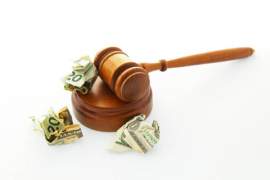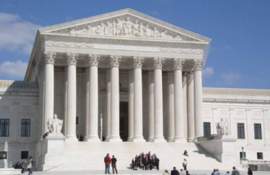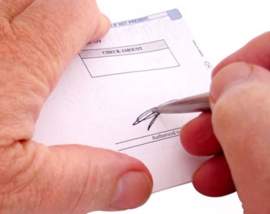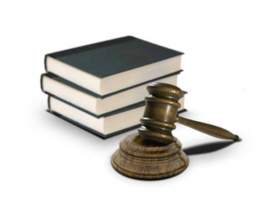
North Dakota Bankruptcy
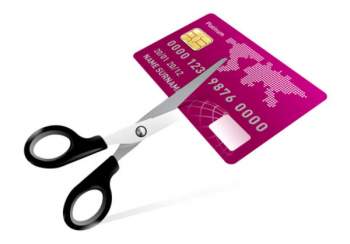
North Dakota Bankruptcy Law
The state of North Dakota mandates bankruptcy laws that reflect the laws and procedures of many other states. Some exemptions are quite similar to other states as well, but some exemptions are unique to North Dakota and state within the upper and Midwest. Many of the laws are in place to help an individual or family through a tough economic period, and although bankruptcy will undoubtedly hurt your credit in short term, you can use North Dakota bankruptcy to save your credit if you follow the rights steps.
Like in most other states, North Dakota requires a person to attend a credit counseling course six months before they file for North Dakota bankruptcy. Additionally, they must show evidence of attending a debtor education course before reaching a settlement.
North Dakota Bankruptcy : Personal and Corporate
Individuals, families, and businesses can all file for ND bankruptcy in North Dakota. Depending on their circumstances and means to income, a person may file for Chapter 7 or Chapter 13 bankruptcy. Corporations generally file for Chapter 11, and the type of bankruptcy gives the company time to reorganize their finances and business strategies.
ND Bankruptcy Chapter 7
If a person’s debt is large enough and they have a lack of income or economic means, they will normally try and file for Chapter 7. This type of bankruptcy is usually referred to as liquidation because after a creditor collects all the necessary assets, the person is left with a clean slate.
Before filing for Chapter 7, however, a person must pass a means test to see if they fall below North Dakota’s average income level. North Dakota’s unemployment rate is one of the lowest in the country, at 3.9%, and the median household income falls at $48,878. If a person qualifies for Chapter 7, they may qualify for the following exemptions:
• Up to $100,000 homestead
• 75% of wages
• Vehicle worth $2,950
• Food and fuel for one year, including crops and grain
• Miscellaneous personal items
• Wild card up to $7,500
ND Bankruptcy Chapter 11
If a corporation is facing economic trouble, they can file for Chapter 11. This type of bankruptcy gives the company time to reorganize their expenses, employees, and logistics in order to turn more profit and decrease their owed debt. The owner of a company usually oversees the reorganization process, and they are then made to report the changes to a creditor and/or judge.
ND Bankruptcy Chapter 13
This type of bankruptcy is becoming more and more common for several reasons. One, if a person is determined by a judge to possess steady income in the wake of large debt, they will make a predetermined amount of payments to a creditor over the next three to five years. Two, the advantage in filing for Chapter 13 is that you can keep your house, even if it’s in danger of foreclosure during the three to five years.
Taxes
Creditors may collect federal and state tax returns in some cases. If you file for Chapter 7, these funds are often seen as nonexempt assets. If you file for Chapter 13, your tax returns will be safe.
Filing for North Dakota Bankruptcy
If you are filing for North Dakota bankruptcy, it’s always a good idea to hire a lawyer. The ND bankruptcy process is extremely complex, and a lawyer can help you submit the right fees, files, and documents at the right time. They can also advise you when you are meeting with a creditor. If you can’t afford an attorney, you can file for North Dakota bankruptcy through a state filing service.




